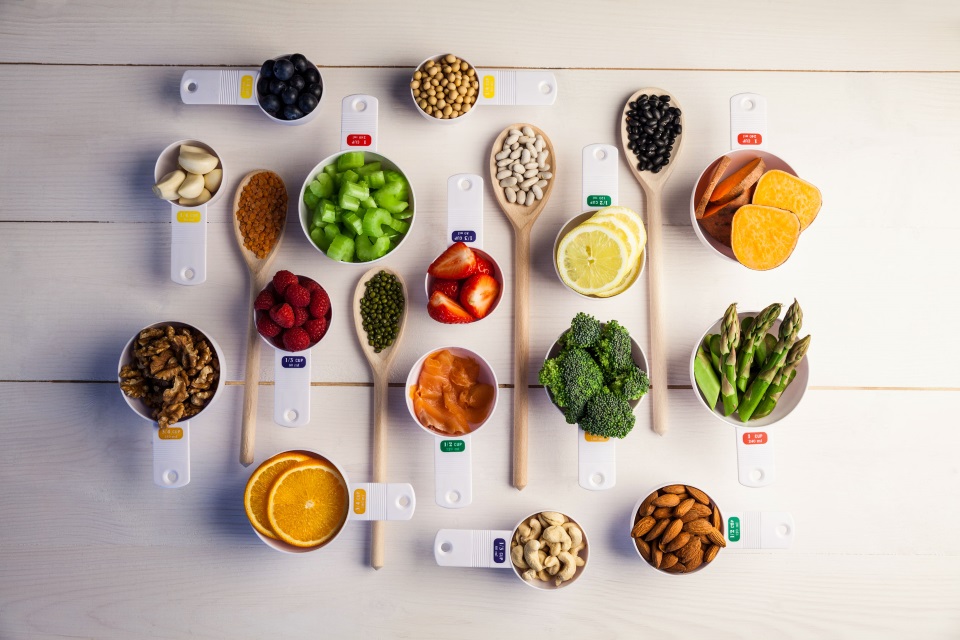Watch it here!
You are invited to use this blog as a tool to inquire about the different topics we will study throughout the year.
jueves, 23 de mayo de 2019
jueves, 16 de mayo de 2019
NASA Internation Space Station (ISS)
NASA International Space Station (ISS)
Did you know about the NASA International Space Station? Did you know it is orbiting our planet Earth? Do you think many things are happening there? Take a look at the 24-Hour-Live-Streaming straight from the Ionosphere!
Experimenting with Light and Sound
Light and Sound
During our Unit "To Infinity and Beyond (How The World Works)" we are inquiring about different types of energy, but in particular "light" and "sound". Would you like to know more about them? What they are like? How they work? How they change? Take a look at the following videos showing simple science activities you can do at home!
Newton's Prism (Separating light into colours?)
Newton's Disc (All colours into white?)
Refraction of light
Reflection of Light
Opaque, transluscent and transparent Objects
Seeing sound energy?
viernes, 3 de mayo de 2019
Towards the Final Assessment
Let's load a new software into our brains with this unit!
|
Thinking about the central idea "Energy moves and produces changes in the universe" you will write a non-fiction book as a final assessment activity.
HOW?
Follow these steps:
1. Show the inquirer you are by creating 5-6 questions about the unit. What would you like to know?
2. Choose one of the following topics to investigate what it is like
- Energy (we will cover this broad topic in class)
- Big Bang Theory & other theories.
- Planets and new planets.
- Galaxies and constellations.
- Satellites: Natural and artificial.
- Earth movement: rotation (make connections to time & how we live).
- Earth movement: revolution (make connections to time & how we live)
- Stars (& the sun)
- Eclipses (solar & lunar)
- Phases of the Moon (related concepts).
- Meteors, meteoroids, and meteorites (comets & asteroids).
3. Brainstorm about the topic you chose and decide the specific aspects you will investigate. What is my topic about? How much do we want to find out? How are we going to do it?
Design an investigation plan.
4. Develop and answer your questions by using at least 3 sources of information. Remember to write the name of the source each time. Mention at least 3 aspects: What is your topic like? (FORM), Why is it like this? (CAUSATION), How does it change? (CHANGE)
4. Create a vocabulary list related to your topic (mini dictionary)
5. Create your book. Make sure to include illustrations and all its parts:
- Cover
- Table of Contents
- Introduction
- What is my topic like?
- Why is my topic like this?
- How does it change?
- Conclusion
- Back cover
Suscribirse a:
Comentarios (Atom)
Macronutrients and Micronutrients
What can we find in the food we eat? Take a look at the following webpages to find out more. Macronutrients: proteins, carbs, fats. ...

-
The development of civilization is affected by geography. Rome did not spring into being as a power on the Italian peninsula. It began as...
-
Speech bubbles and their meaning. Speech bubbles are used as text holders and there are a variety of them. The context in whic...
-
What can we find in the food we eat? Take a look at the following webpages to find out more. Macronutrients: proteins, carbs, fats. ...


